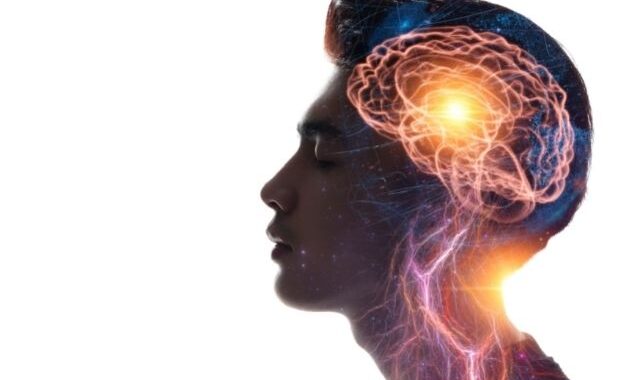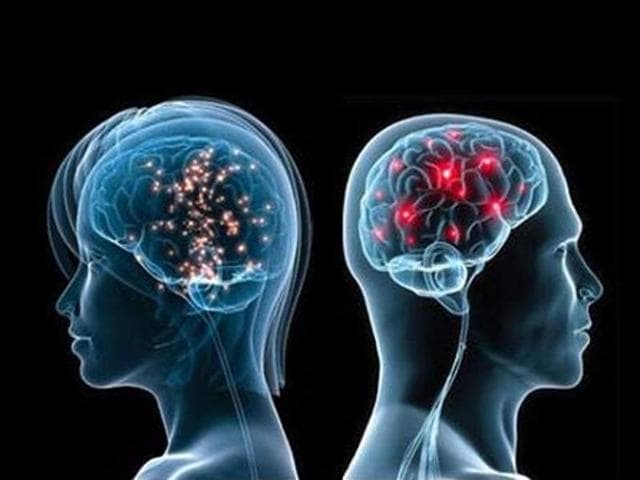How Hydration Affects Your Brain

How Hydration Affects Your Brain
In the pursuit of overall well-being, we often focus on various aspects of health, from physical fitness to mental resilience. However, one fundamental element that is frequently overlooked is hydration. The impact of water on our bodies extends beyond quenching thirst or supporting bodily functions; it plays a crucial role in maintaining mental clarity. This article explores the profound connection between hydration and brain function, shedding light on why water is essential for cognitive well-being.
The Brain-Fluid Connection
The human brain is a marvel of complexity, comprising about 75% water. This vital organ relies on proper hydration to function optimally. Water acts as a conductor for essential nutrients and neurotransmitters, facilitating communication between brain cells. When adequately hydrated, the brain maintains its structural integrity, ensuring the smooth transmission of signals that govern various cognitive processes. Looking for the Best lions mane? Then visit their page for further info.
Cognitive Performance and Hydration
Dehydration can have a detrimental impact on cognitive performance. Studies have shown that even mild dehydration can result in difficulties concentrating, memory lapses, and a decline in overall cognitive abilities. This is particularly noteworthy in tasks that require sustained attention and mental acuity. Whether you’re tackling a challenging work project or engaging in creative endeavors, staying hydrated is a key factor in unlocking your full cognitive potential.
Mental Clarity and Hydration
One of the most immediate and tangible benefits of proper hydration is enhanced mental clarity. When the brain is well-hydrated, individuals often report improved focus, sharper thinking, and better decision-making abilities. Hydration supports the brain’s natural detoxification processes, flushing out toxins that can impede cognitive function. As a result, maintaining adequate water intake becomes a simple yet powerful strategy for achieving mental clarity and sustaining peak cognitive performance.

Hydration Strategies for Mental Well-being
1. Set Hydration Goals:
Establish daily water intake goals based on your body weight and activity level. Having a specific target makes it easier to track and ensure you’re meeting your hydration needs.
2. Incorporate Hydrating Foods:
Beyond drinking water, consider incorporating hydrating foods into your diet, such as fruits and vegetables with high water content. This adds an extra layer of hydration and provides essential nutrients.
3. Create Hydration Habits:
Forming habits around hydration is crucial. Carry a reusable water bottle with you, set reminders to drink water regularly, and make it a routine part of your day.
4. Monitor Hydration Signs:
Pay attention to signs of dehydration, such as dark urine, dizziness, or headaches. These indicators can prompt you to increase your water intake before cognitive performance is compromised.
Conclusion
In the quest for mental well-being, the role of hydration cannot be overstated. Water is not just a life-sustaining substance; it is a cognitive elixir that fuels the intricate processes of the brain. By prioritizing hydration, individuals can unlock mental clarity, enhance cognitive performance, and fortify their overall well-being.
Remember, a well-hydrated brain is a resilient and agile one, capable of navigating the complexities of life with clarity and focus.
